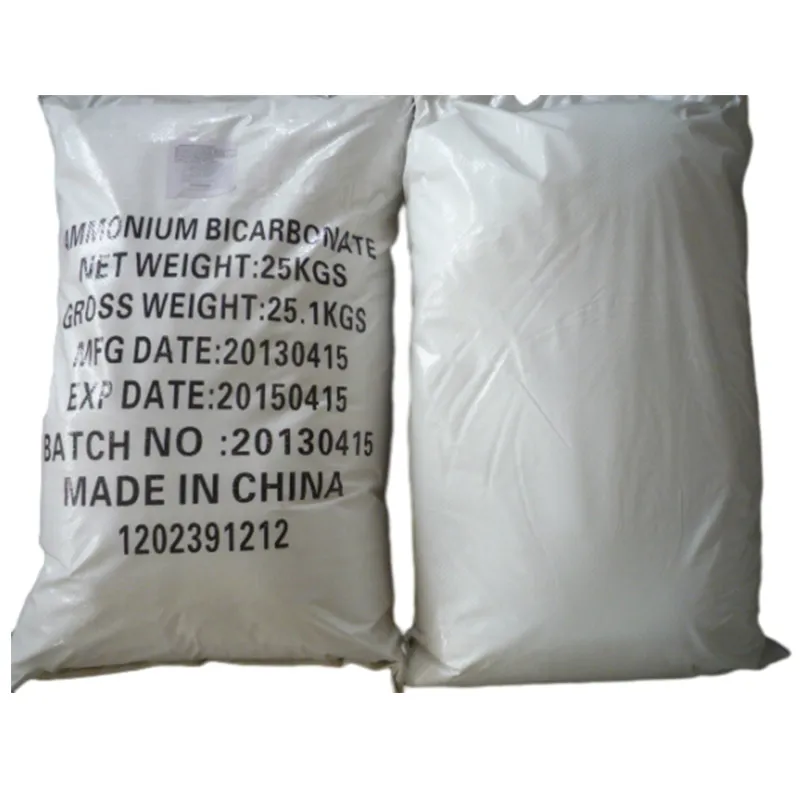
Common Food Emulsifiers Key Uses, Benefits & Safety Info

(common emulsifiers in food)
Understanding Common Emulsifiers in Food Production
This article explores essential information about emulsifiers and preservatives used in modern food manufacturing. Below is the structural overview:
- Market Impact of Emulsifiers: Data Insights
- Technical Superiority of Modern Emulsifying Agents
- Performance Comparison: Leading Manufacturer Solutions
- Customized Formulation Strategies for Specific Needs
- Real-World Applications Across Food Categories
- Regulatory Compliance and Safety Profiles
- Future Trends in Food Stabilization Technology
Market Impact of Food Emulsifiers: By the Numbers
The global emulsifier market reached $8.2 billion in 2023, with food applications accounting for 68% of total consumption. Lecithin dominates with 28% market share, followed by mono- and diglycerides (22%) and polysorbates (15%). Recent studies show:
- 89% of processed foods contain at least one emulsifier
- Dual-function ingredients (emulsification + preservation) grew 41% since 2020
- Plant-based emulsifiers demand increased 73% from 2019-2023
Technical Advantages of Modern Stabilizers
Advanced emulsification systems now offer:
| Parameter | Lecithin | Mono/Diglycerides | PGPR |
|---|---|---|---|
| Heat Stability (°C) | 180 | 220 | 250 |
| pH Range | 3-8 | 2-10 | 1-12 |
| Cost Efficiency | $$ | $ | $$$ |
New enzymatic modification techniques improve functionality while meeting clean-label requirements.
Manufacturer Solutions Comparison
| Supplier | Key Product | Concentration Range | Certifications |
|---|---|---|---|
| BASF | Emulpure 340 | 15-40% | Halal, Kosher, Non-GMO |
| Cargill | Lecigran 5750 | 10-60% | Organic, Vegan |
| ADM | Novation 9300 | 20-75% | GRAS, FDA-compliant |
Customization Strategies for Food Producers
Three primary formulation approaches dominate the industry:
- Natural Source Blends: Combining sunflower lecithin with acacia gum
- Multi-Functional Systems: Emulsifier-preservative hybrids reducing additive counts
- Process-Specific Solutions: High-shear stable formulas for ultra-pasteurized products
Application Case Studies
Dairy Alternative Success: A leading plant-based brand achieved 12-month stability using modified starch-pectin emulsifier systems. Bakery Innovation: Enzyme-modified lecithin increased shelf life by 40% in gluten-free breads.
Future Directions in Food Emulsifier Technology
As demand grows for common emulsifiers in food
products, the industry shifts toward precision-engineered solutions. Microbial biosurfactants and lipid-protein complexes are emerging as next-generation stabilizers, combining emulsification with nutritional benefits. Manufacturers must balance functionality with consumer preferences for recognizable ingredients in common food preservatives and stabilizers.

(common emulsifiers in food)
FAQS on common emulsifiers in food
Q: What are common emulsifiers used in food products?
A: Common food emulsifiers include lecithin (from soy or eggs), mono- and diglycerides, polysorbates, and sodium stearoyl lactylate. These ingredients help stabilize mixtures of oil and water. They are widely used in baked goods, dressings, and dairy products.
Q: How do common emulsifiers improve food texture?
A: Emulsifiers like carrageenan, xanthan gum, and cellulose gum enhance texture by preventing ingredient separation. They create smooth, consistent textures in items like ice cream and sauces. Their binding properties also extend shelf life.
Q: Are there natural alternatives to synthetic emulsifiers in food?
A: Yes, natural emulsifiers include lecithin, agar-agar, and pectin. These are derived from plants, seaweed, or fruits and are used in organic or clean-label products. They provide similar stabilizing effects as synthetic options.
Q: What preservatives are often paired with emulsifiers in processed foods?
A: Common preservatives like potassium sorbate, sodium benzoate, and calcium propionate are often used alongside emulsifiers. They prevent microbial growth while emulsifiers maintain texture. This combination ensures product safety and quality.
Q: Are common emulsifiers and preservatives safe for consumption?
A: Most emulsifiers and preservatives are FDA/EFSA-approved and deemed safe in regulated amounts. However, some people may experience sensitivities to specific additives like polysorbate 80. Always check labels for allergen or dietary concerns.
-
Understanding Synthetic Rubber OptionsNewsApr.27,2025
-
Trichloroisocyanuric Acid: Essential for Clean and Safe WaterNewsApr.27,2025
-
Sodium Dichloroisocyanurate: Key to Safe Water TreatmentNewsApr.27,2025
-
Sodium Acid Pyrophosphate: Essential in Modern Food ProcessingNewsApr.27,2025
-
Essential Water Treatment ChemicalsNewsApr.27,2025
-
Denatured Alcohol and Its Industrial UsesNewsApr.27,2025
-
The Versatile Uses of Sodium BicarbonateNewsApr.24,2025
Hebei Tenger Chemical Technology Co., Ltd. focuses on the chemical industry and is committed to the export service of chemical raw materials.
-

view more DiethanolisopropanolamineIn the ever-growing field of chemical solutions, diethanolisopropanolamine (DEIPA) stands out as a versatile and important compound. Due to its unique chemical structure and properties, DEIPA is of interest to various industries including construction, personal care, and agriculture. -

view more TriisopropanolamineTriisopropanolamine (TIPA) alkanol amine substance, is a kind of alcohol amine compound with amino and alcohol hydroxyl, and because of its molecules contains both amino and hydroxyl. -

view more Tetramethyl Thiuram DisulfideTetramethyl thiuram disulfide, also known as TMTD, is a white to light-yellow powder with a distinct sulfur-like odor. It is soluble in organic solvents such as benzene, acetone, and ethyl acetate, making it highly versatile for use in different formulations. TMTD is known for its excellent vulcanization acceleration properties, which makes it a key ingredient in the production of rubber products. Additionally, it acts as an effective fungicide and bactericide, making it valuable in agricultural applications. Its high purity and stability ensure consistent performance, making it a preferred choice for manufacturers across various industries.











